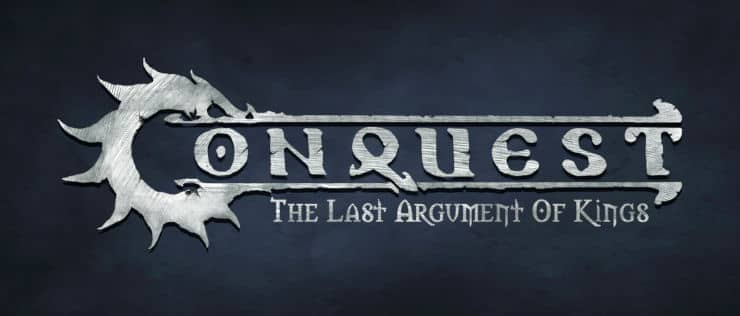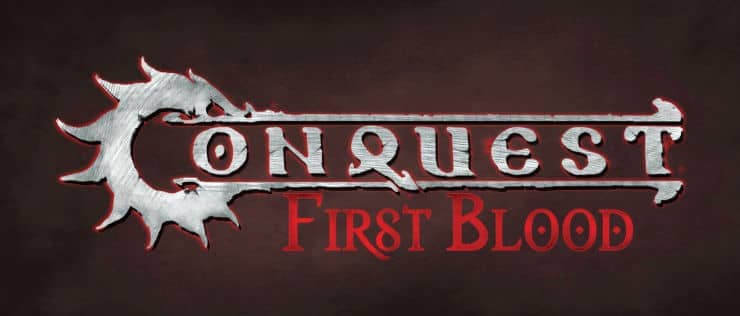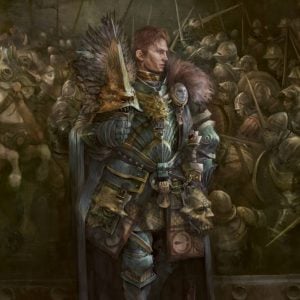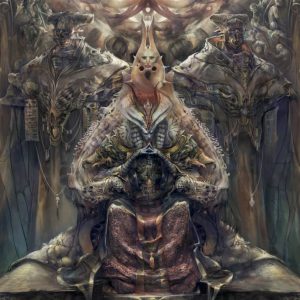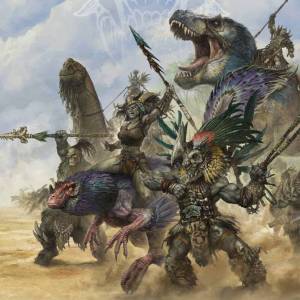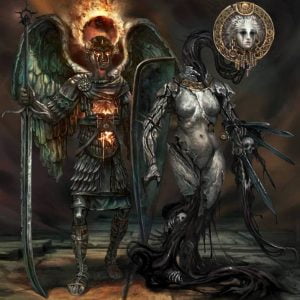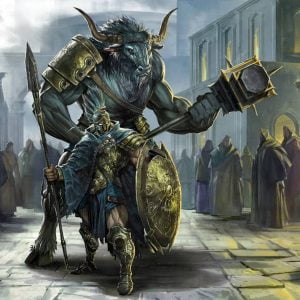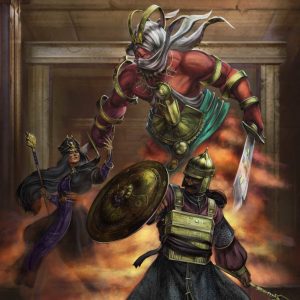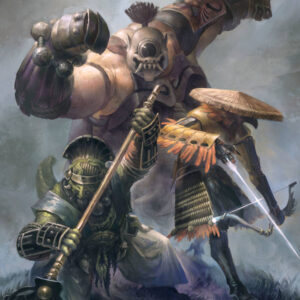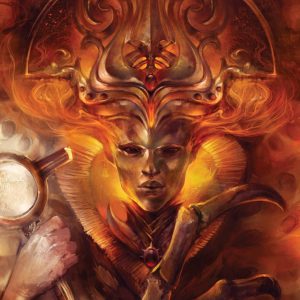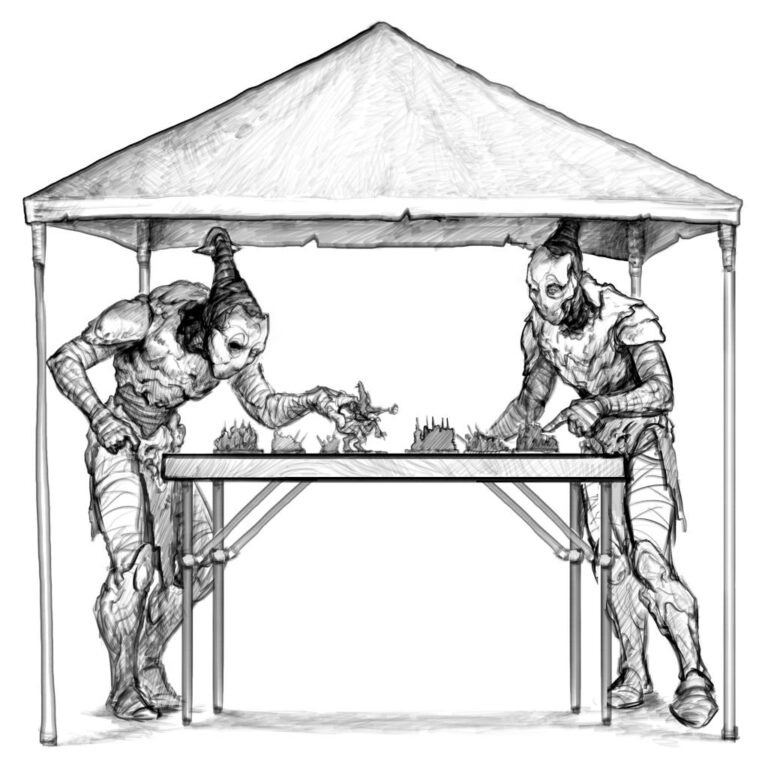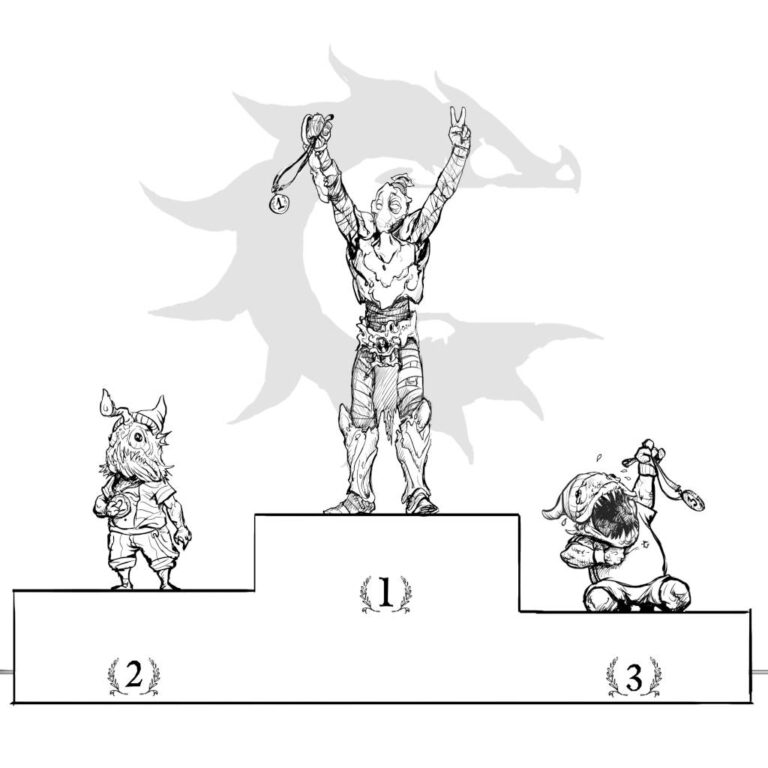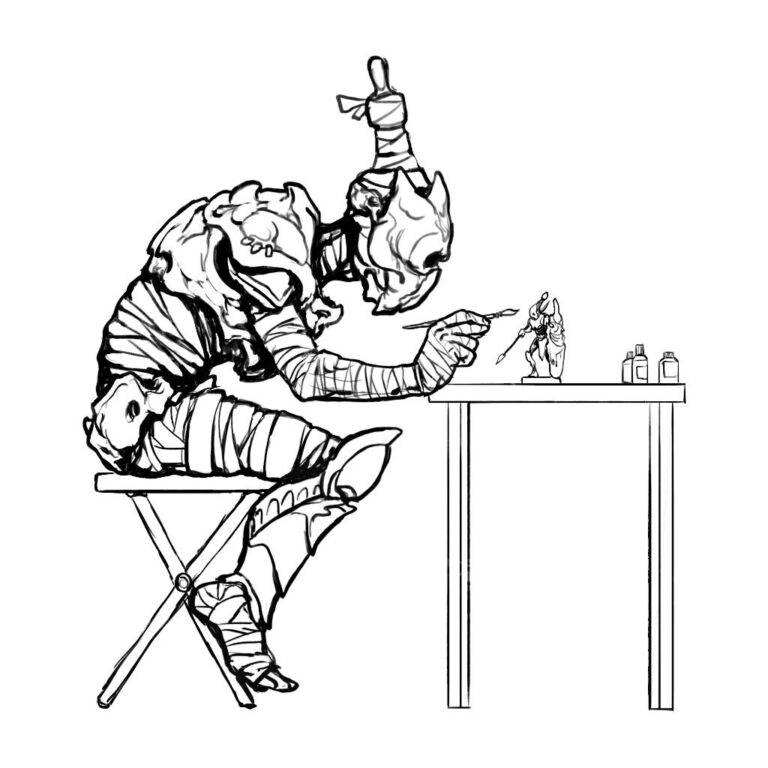
It is a rarely acknowledged reality of many a Hold, that some among them—perhaps more than one cares to admit—never learn to adjust or manage to succeed in the Dweghom way of life. Most of them, stuck in practical perpetuity without a chance to gain any significant Aghm, are used to serve the menial tasks inside the Hold: simple repairs, cleaning, weaving or maintenance… All the things that are too delicate for Automata and too… serving for a Dweghom. While the system and society acknowledges their contributions, socially, these… failures are often ignored more than actively avoided; after all, from a Dweghom point of view, they mean that the system is working, culling out those with no worth, or rather puting them in their earned place. Not all who are stuck in those positions, however, are willing to accept this existence. Joining the petty criminals and those stripped of their Aghm, they join them in exile outside of the Hold, outside of Aghm and, therefore, outside of what their people consider being Dweghom. They become Utish.
In the Dweghom language, “utish” means “no one”. It is a word of no importance on its own. In context, however, it is a substitute for a missing word in the Dweghom vocabulary: worthless. In a culture where having no worth at all—no Aghm, the metric through which all value is placed—is inconceivable, to reach such a low point is to become Utish. Despised or, even worse for some, ignored as Automata or a piece of furniture would be, these exiles, nobodies in the most literal sense, are called to forge a life anew in the most unlikely of places…
Arriving in their largest numbers in the lands of the City States, the Hundred Kingdoms, and the Polmag Principalities, for these are the places that are the most easily accessible and in demand of their skills, Dweghom exiles tend to be embraced and assimilated with some success. This does not come about due to any form of sympathy for their plight; instead, the Utish often benefit from everything they are not, for the humans are filled with stories about the might of the Dweghom, how they are all warriors without equal. Coupled with the enhanced physicality of all Dweghom—stronger, tougher, and more resilient than most humans—the prospect of hiring a hold outcast to do one’s dirty work becomes an alluring concept indeed: a Dweghom can take a lot of punishment and dish it out in equal, if not greater, measure, doing little in the way of complaining in the meantime. Thus, many are very willing to give a chance to an Utish, with many, if not most, of them, turning into mercenaries. Alas, as they are unknowing of the ways of the world, most Utish end up in the employment of less than reputable businesses.
The most lucky, or quick to adapt to humanity’s way of thinking, may find their way to better prospects. In some cases, a Dweghom exile might become so renowned for their fighting capabilities that more elevated opportunities for employment might come their way. Such individuals might be called to join a reputable mercenary company, be it as trainers or as warriors, or act as bodyguards or even drill sergeants for the nobility. While such examples are, however, few and far between, they have managed to somewhat elevate these exiles in the eyes of humans overall.
Interestingly enough, Utish do not generally enjoy or seek each other’s company or cooperation. Be it of pride, shame, the imprinted Dweghom mentality of individual worth or even prejudice against other Utish, these Dweghom exiles prefer to make their way in the human world alone. Only of late, this seems to have changed, with the Polmag Principalities, and their leader—Matjas Corvrana—actively supporting the formation of Dweghom exile mercenary companies in his employment.
While fighting is what Dweghom exiles are most valued for, it is not always the case that they may land upon such a role. As mentioned, for many of the exiles, before they left their past lives and holds, manual labor was part of their daily existence. In the lands of the surface, however, their skills as laborers and crafters gain far greater recognition and value. This is partly human superstition; most of these Dweghom, unless personally motivated, have not received any kind of training that would justify greater skill than a human metallurgist or stonemason for instance. But they are hard and tireless workers, rarely turning down even the humblest jobs and their Gift in earth and Fire does offer an edge in intuitively understanding what the best way to repair something is or how a tool should be forged.
Lastly, there is a third avenue, that a Dweghom may happen upon after their exile, one that relies solely on the memory that is the hallmark of their species. Being able to remember all that they have witnessed and with impeccable detail, such exiles may find themselves acting as spies, cataloguing all that there is to know in service of their master. More openly so, they might become chroniclers, hired by the wealthy and influential to stand before judicial hearings and the signing of treaties so that everything might be recorded to the utmost detail and ensure no misunderstandings, ill will, or legal blunders come about in the aftermath.
Regardless of what path they follow in these new lives of theirs, it is often believed that there is no going back for the Utish. This is not true; technically, unless exiled and stripped of all Aghm by a Mnemancer, Utish are still Dweghom and could return any time they chose. Some have in fact succeeded in doing so, with Raegh Theurodhin being an exceptional example. But most never do. They must learn to adapt to cultures and customs that are completely alien to them, understanding worth in ways that are vastly different from Aghm, such as coin, and embrace an existence that sees them as Dweghom only through the eyes of outsiders.

